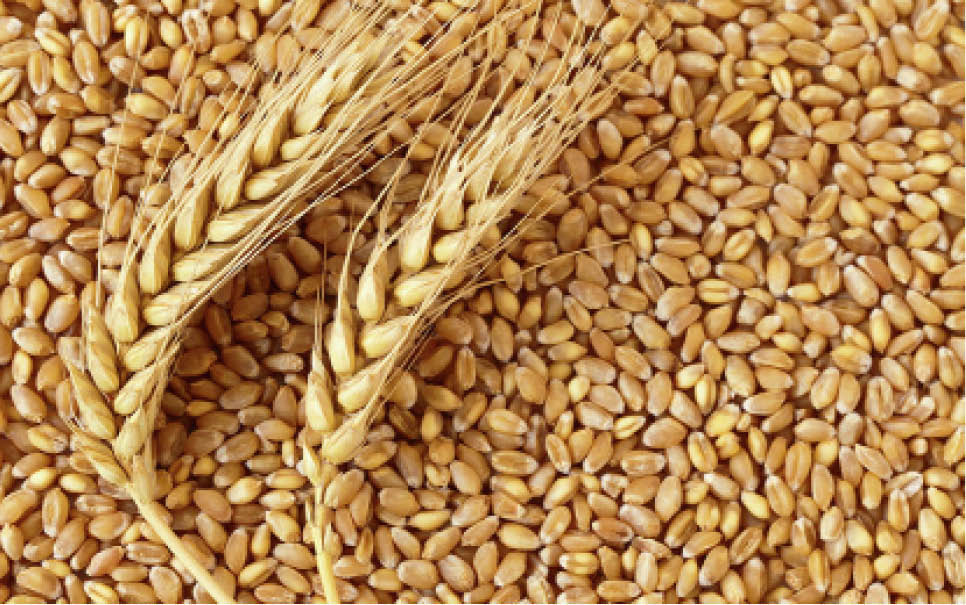We can feed millers, wheat farmers tell critics of FG’s 50% import tariff
The Federal Government’s drive to save $422.9m (N129.4bn) from wheat import this year may not go down well with some stakeholders but farmers have said that will be the best thing to happen to the crop if implemented holistically. In a move aimed at reducing import by 50%, the government raised the tariff from 10% […]

FILE PHOTO – Wheat seeds
The Federal Government’s drive to save $422.9m (N129.4bn) from wheat import this year may not go down well with some stakeholders but farmers have said that will be the best thing to happen to the crop if implemented holistically.
In a move aimed at reducing import by 50%, the government raised the tariff from 10% to 50%. But the Lagos State Chambers of Commerce said that is hurting the flour millers, bread consumers and also has the potential to spark a bilateral trade war with the U.S President, Donald Trump.
Although the country produces (about 600,000 tonnes) far less than it annual demand of about 4.7 million tonnes, it imports about 4.4 million metric tonnes yearly – a situation government said was eating deep into the forex reserves.
The National President of Wheat Farmers Association, Alhaji Salim Mohammed, has also described as untrue the assertion that the country does not have the capacity to produce enough wheat, adding that “Nigeria has the potential to grow wheat on over 1.2 million hectares.”
He said the country has a population of farmers who are interested to grow wheat, most them also double as rice farmers. He noted that people have now come back to farming, unlike the previous years because of the Anchor Borrowers’ Programme initiative of the Federal Government.
“The only issue about wheat is the off-takers, and now the Flour Millers Association of Nigeria – that is the conglomeration of the flour millers – is willing to off-take our local wheat because they have tested it and it has proven to be of good quality. So why should the people be advocating for the importation of foreign materials into the country.
“So the idea is, we are not saying that government should close the gate but increasing the tariff on bringing in the commodity may also encourage investors to come and invest in wheat production in the country,” said Alhaji Mohammed.
What is left now, according to him, is to look at the mechanism of how we can grow wheat to meet the demands of the millers.
“If all necessary support is given to wheat production, especially in the areas of getting high-yield seed varieties or developing them by our research institutions, definitely Nigeria can grow wheat to a very significant quantity that can reduce the high importation rate and associated consequences.
“If the government is serious about reducing the amount of importation, it has to support wheat production with high yield varieties; we have to mechanise the sector. Up to this moment, we are farming at a subsistent level. We need to migrate from subsistent to mechanised system. Even if not fully mechanised, it has to be semi-mechanised, then in a short time, we can fully mechanise because agriculture cannot be perfect without mechanisation,” the chairman of wheat farmers said.
